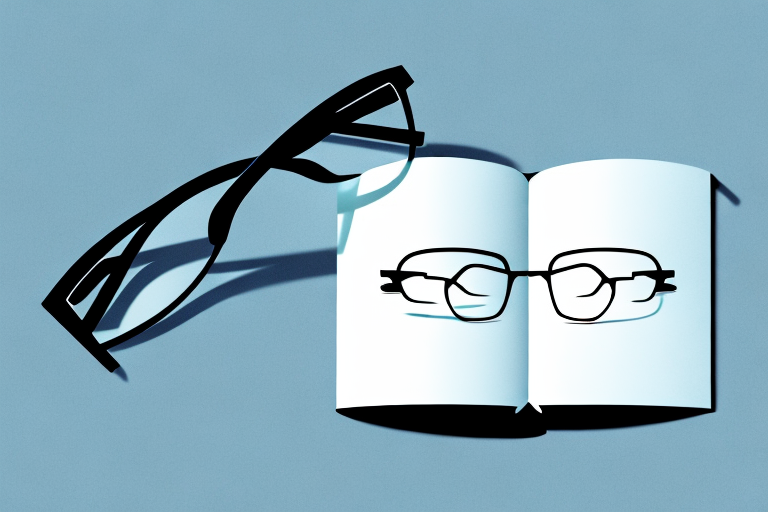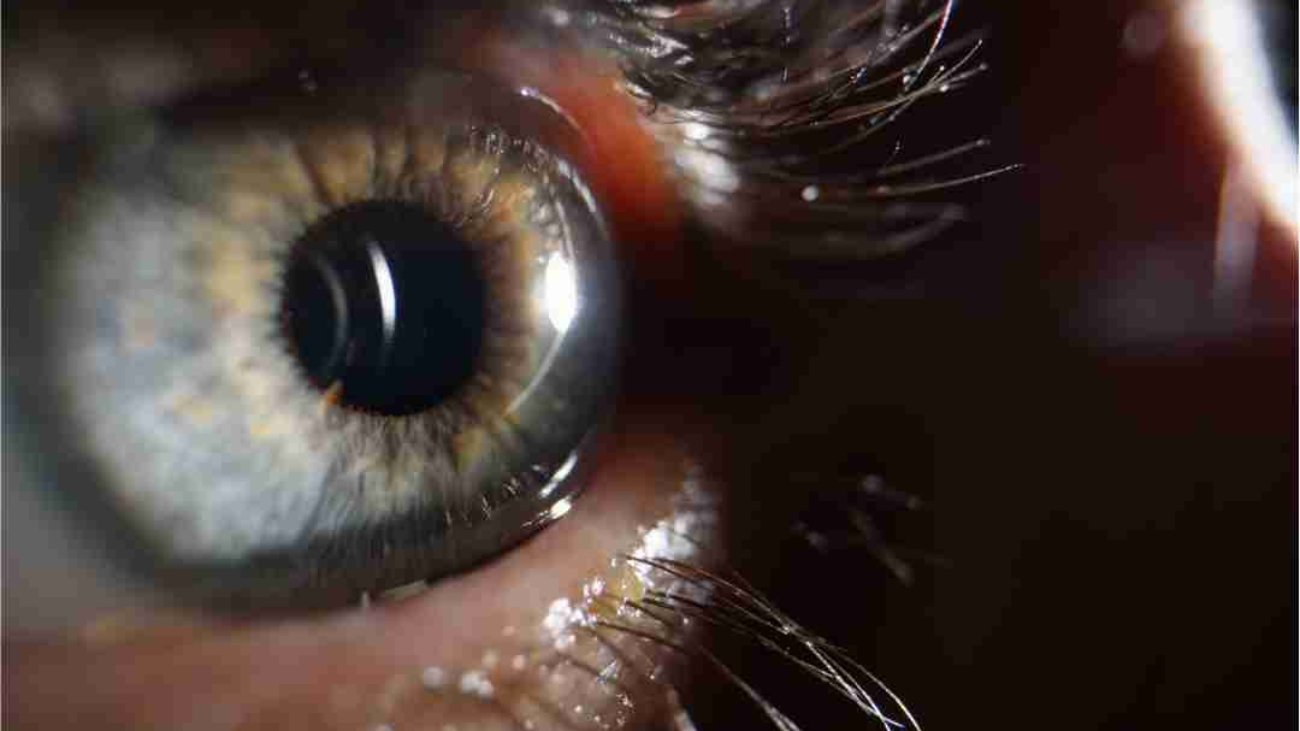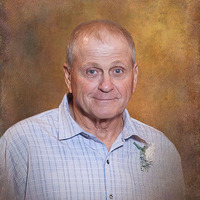If you’ve recently undergone LASIK surgery or are considering it, understanding what to expect during the recovery period is crucial. LASIK (Laser-Assisted In Situ Keratomileusis) is a common refractive surgery that can significantly improve your vision and reduce your dependence on glasses or contact lenses. While the procedure itself is relatively quick, the recovery process is an important phase that requires patience and care to ensure the best possible outcome.
Understanding the LASIK Procedure
It’s important to clarify that LASIK (Laser-Assisted In Situ Keratomileusis) is not a procedure for cataracts. LASIK is a refractive eye surgery designed to correct vision problems such as nearsightedness, farsightedness, and astigmatism by reshaping the cornea. On the other hand, cataracts are a separate eye condition where the natural lens of the eye becomes clouded and necessitates cataract surgery for treatment.
To better understand the LASIK procedure and cataract surgery, here’s an overview of each:
LASIK Procedure:
- Evaluation: The patient undergoes a comprehensive eye examination to determine their eligibility for LASIK and to create a personalized treatment plan.
- Anesthesia: Numbing eye drops are applied to ensure the patient’s comfort during the procedure.
- Corneal Flap Creation: A thin, hinged flap is created on the cornea’s surface using a microkeratome or a femtosecond laser.
- Corneal Reshaping: An excimer laser is used to precisely remove microscopic amounts of corneal tissue, reshaping the cornea to correct the refractive error.
- Flap Re-positioning: The corneal flap is gently repositioned, typically without the need for sutures.
- Recovery: Visual improvement is often immediate, with full stabilization taking a few weeks.
Cataract Surgery:
- Evaluation: The patient is evaluated to determine the extent of cataract development and overall eye health.
- Anesthesia: Numbing eye drops or local anesthesia is administered to ensure the patient’s comfort during the surgery.
- Lens Removal: A small incision is made in the eye, and the clouded natural lens is broken up and removed, typically using ultrasound (phacoemulsification).
- Intraocular Lens (IOL) Implantation: An artificial intraocular lens (IOL) is inserted to replace the cloudy natural lens.
- Incision Closure: The incision is closed, often without the need for sutures.
- Recovery: Visual improvement after cataract surgery is typically rapid, and patients often notice clearer vision soon after the procedure.
In summary, LASIK and cataract surgery are distinct procedures that address different eye conditions. LASIK corrects refractive errors, while cataract surgery treats the clouding of the natural lens. If you have cataracts and are experiencing vision problems, it’s essential to consult with an ophthalmologist to determine the appropriate treatment, which may include cataract surgery. LASIK is not a suitable treatment for cataracts.

The Science Behind LASIK
At its core, LASIK relies on the principle of refractive error correction. Refractive errors occur when the shape of the cornea or the length of the eyeball prevents light from focusing directly on the retina, leading to blurred vision. By reshaping the cornea, the laser helps to redirect light onto the retina, resulting in clearer vision.
The laser used in LASIK surgery is meticulously programmed to remove microscopic amounts of tissue from the cornea, allowing for precise and controlled modification. This targeted reshaping aims to correct the imperfections that cause visual issues, enabling patients to enjoy improved visual acuity without the need for glasses or contact lenses.
Preparing for Your LASIK Surgery
Proper preparation for LASIK is crucial to ensure the best possible outcome and a smooth recovery. Your ophthalmologist will provide specific instructions tailored to your unique situation, taking into account factors such as your overall health and any pre-existing eye conditions.
One important aspect of preparation may involve refraining from wearing contact lenses for a specific period before surgery. This is because contact lenses can alter the shape of the cornea, potentially affecting the accuracy of the laser treatment. Your ophthalmologist will advise you on how long you should avoid wearing contacts prior to the procedure.
Additionally, arranging transportation to and from the clinic is essential, as your vision may be temporarily blurry immediately after the surgery. Having someone accompany you can ensure your safety and comfort during this time. It is also important to follow any dietary restrictions, if applicable, as advised by your ophthalmologist. Visit https://2020voicecancer.org/everything-you-should-know-about-laser-eye-surgery/ to read about Everything You Should Know About Laser Eye Surgery.
By carefully following the pre-operative instructions provided by your ophthalmologist, you can help optimize the success of your LASIK surgery and pave the way for a smooth recovery process.
Immediate Post-Procedure Experience
After LASIK, you will likely experience certain sensations as your eyes begin to heal. It’s important to remember that everyone’s experience may vary:
When it comes to the first few hours after LASIK, it’s crucial to be aware of what to expect. Immediately after the procedure, your vision may be blurry or hazy, and you may experience a mild burning or itching sensation. These symptoms are completely normal and typically subside within a few hours. It’s crucial to resist the temptation to rub or touch your eyes during this time, as it can interfere with the healing process.
As you move forward in the days following the surgery, there are some common sensations and symptoms that you may encounter. One of these is dryness. It’s not uncommon for your eyes to feel dry or gritty as they heal. This sensation can be managed with the use of lubricating eye drops, which your doctor will likely recommend. These drops can help provide relief and promote healing.
In addition to dryness, you may also experience sensitivity to light. Your eyes may be more sensitive to bright lights or sunlight, and you may find it helpful to wear sunglasses when outdoors. This sensitivity is temporary and should improve as your eyes continue to heal.
Another temporary symptom you may notice is a change in your color perception or halo effects around lights. This can occur due to the changes in your cornea’s shape after LASIK. While it may be a bit disconcerting at first, rest assured that these changes are typically temporary and tend to resolve within a few days to weeks.
It’s important to keep in mind that these sensations and symptoms can vary from person to person. Some individuals may experience them more intensely or for a longer duration, while others may have a smoother recovery process. Your eye doctor will provide you with specific post-operative instructions and guidelines to follow, ensuring that you have the best possible outcome.
The Recovery Timeline: What to Expect
It’s important to have realistic expectations regarding the recovery timeline after LASIK. While the majority of healing occurs within the first week, complete stabilization and optimal vision may take several weeks to months:
After undergoing LASIK surgery, you may be eager to experience the full benefits of improved vision. However, it’s essential to understand that the recovery process takes time and patience. Your eyes need time to heal and adjust to the changes made during the procedure.
The First Week After LASIK
During the first week, your vision will gradually improve as your eyes heal. However, it’s normal to experience fluctuations in vision during this time. Your ophthalmologist will provide you with detailed instructions on how to care for your eyes during this crucial period.
One important aspect of post-LASIK care is the use of medicated eye drops. These drops help prevent infection, reduce inflammation, and promote healing. Your ophthalmologist will prescribe specific eye drops tailored to your needs. It’s crucial to follow their instructions diligently and administer the drops as directed.
In addition to using eye drops, you should also take precautions to protect your eyes during the initial healing phase. Avoid activities that may put your eyes at risk, such as swimming, contact sports, or using hot tubs. These activities can increase the chances of infection or injury to your healing eyes.
Long-Term Healing: Weeks to Months
Over the course of several weeks to months, your eyes will continue to heal, and your vision will stabilize. It’s important to attend all scheduled follow-up appointments with your ophthalmologist to ensure the healing process is progressing as expected.
During these follow-up appointments, your doctor will evaluate your progress and address any concerns you may have. They will perform various tests to assess the stability of your vision and the overall health of your eyes. These tests may include visual acuity measurements, corneal thickness evaluations, and examinations of the corneal flap created during the LASIK procedure.
While most patients experience significant improvements in their vision within the first week, it’s important to remember that everyone’s healing process is unique. Some individuals may require a longer recovery period to achieve their desired visual outcomes. Your ophthalmologist will closely monitor your progress and provide guidance and support throughout the healing journey.
It’s also worth noting that certain factors can influence the speed and quality of your recovery. Factors such as age, overall health, and the severity of your refractive error can all play a role in the healing process. Your ophthalmologist will take these factors into account and provide personalized recommendations to optimize your recovery.
In conclusion, the recovery timeline after LASIK is a gradual process that requires patience and adherence to post-operative care instructions. While the first week is crucial for initial healing, it may take several weeks to months for your vision to stabilize fully. By attending follow-up appointments and closely following your ophthalmologist’s guidance, you can ensure a smooth and successful recovery.
Post-LASIK Care: Protecting Your Eyes
After LASIK, taking proper care of your eyes is crucial to protect the results of the surgery. Here are some essential eye care tips to follow:
Following your LASIK surgery, it is important to prioritize the health and well-being of your eyes. By adhering to a few simple guidelines, you can ensure a smooth recovery and maintain the best possible vision.
Essential Eye Care Tips
1. Follow your ophthalmologist’s instructions regarding the use of prescribed eye drops. These drops play a vital role in preventing infection and promoting healing. By carefully following the recommended dosage and frequency, you can optimize the benefits of these medications.
2. Avoid rubbing or touching your eyes, as this can disrupt the healing process. It may be tempting to rub your eyes when they feel dry or itchy, but doing so can introduce bacteria and increase the risk of infection. Instead, use artificial tears or consult your ophthalmologist for appropriate remedies.
3. Wear protective eyewear, such as sunglasses, when exposed to bright sunlight or dusty environments. The intense UV rays from the sun can be harmful to your eyes, especially during the healing phase. By wearing sunglasses with UV protection, you can shield your eyes from potential damage and discomfort.
4. Avoid using eye makeup, especially during the initial healing phase. Cosmetics can introduce bacteria and irritants to your eyes, hindering the healing process and increasing the risk of complications. It is best to wait until your ophthalmologist gives you the green light before resuming the use of eye makeup.
Follow-up Appointments and Check-ups
Your ophthalmologist will schedule regular follow-up appointments to monitor your progress and address any potential issues. These appointments are vital to ensure that your eyes are healing properly and your vision is stabilizing. During these visits, your ophthalmologist will evaluate your visual acuity, check for any signs of infection or inflammation, and make any necessary adjustments to your post-operative care plan.
Additionally, these appointments provide an opportunity for you to discuss any concerns or questions you may have. Your ophthalmologist is there to support you throughout your recovery journey and will be more than happy to address any uncertainties or provide guidance.
Between appointments, it is essential to pay attention to any changes in your vision or any unusual symptoms. If you experience persistent redness, pain, or a sudden decrease in vision, do not hesitate to contact your ophthalmologist immediately. Prompt communication can help identify and address any potential complications early on, ensuring the best possible outcome for your vision.
Potential Complications and How to Address Them
While LASIK is generally considered safe and effective, it’s important to be aware of potential complications that may arise:
Common Side Effects and Risks
Following LASIK, some individuals may experience mild side effects such as dry eyes, glare, halos, or fluctuating vision. These are usually temporary and diminish over time. However, if these symptoms persist or worsen, it’s essential to consult with your ophthalmologist for appropriate guidance.
When to Seek Medical Attention
In rare cases, more severe complications may occur. If you experience significant pain, worsening vision, or any other concerning symptoms, contact your ophthalmologist immediately for further evaluation. Prompt medical attention is crucial in addressing potential complications.
In Conclusion
Life after LASIK can bring a renewed sense of freedom and improved vision. While the recovery period may require patience, following your ophthalmologist’s instructions and taking proper care of your eyes can enhance the healing process. Remember that every individual’s experience may vary, and attending all follow-up appointments is essential to ensure optimal results. With time, you can expect clearer vision and a life liberated from the limitations of glasses or contact lenses.




